| Model: | MOS209216-23-9 |
| Place of Origin: | Zhejiang,China (Mainland) |
| Name: | Entecavir hydrate |
| Brand: | MOSINTER |
| CAS: | 209216-23-9 |
| Molecular Weight: | 295.29448 |
| Molecular Formula: | C12H17N5O4 |
| Synonyms 2: | ENTECAVIR MONOHYDRATE |
| Content: | 98%min |
| Density: | 1.81 |
- Have any questions?
- +86-189 8930 5995
- sales@mosinterchem.com.cn
Entecavir hydrate CAS 209216-23-9

Pralmorelin CAS 158861-67-7
05/12/2018
Pazopanib CAS 444731-52-6
05/12/2018Entecavir hydrate CAS 209216-23-9 ENTECAVIR MONOHYDRATE
| Antiviral medicine | Entecavir hydrate is a new kind of cyclopentyl acyl guanosine anti-hepatitis b virus medicine with its pharmacological effects similar as entecavir. It is clinically applied to the treatment of adult chronic hepatitis b in which there is active viral replication, increased serum transaminase ALT or active lesions showed from liver histology. This product is a kind of analogues of guanine nucleoside which has inhibitory on the polymerase of hepatitis b virus (HBV). It can become active triphosphate salts through phosphorylation. The triphosphate salt has a half-life of 15 hours inside a cell. Through completion with the natural substrates of HBV polymerase, guanine nucleoside triphosphate, entecavir triphosphate can suppress all the three types of activities of the virus polymerase (reverse transcriptase): (1) The initiation of HBV polymerase. (2) The formation of the negative chain of reverse transcription of the pre-genome. (3) The synthesis of HBVDNA positive chain. The inhibition kinetic constant (Ki) of entecavir triphosphate on the HBV DNA polymerase is 0.0012 μM. Entecavir triphosphate has a relative low inhibitory effect on the alpha, beta, and delta DNA polymerase gamma and mitochondria DNA polymerase inside cells with the Ki value being 18 to 160 μM. The above information is edited by the chemicalbook of Dai Xiongfeng. |
| Antiviral activity | In the transfected human HepG2 cells with wild type of hepatitis b virus, the 50% inhibition concentration (EC50) of entecavir in inhibiting the virus DNA synthesis is about 0.004 μM. The median value of the EC50 of entecavir on the inhibition of lamivudine resistant strains (rtL180M rtM204V) is 0.026 μM (range: 0.01 to 0.059 μM). However, entecavir has no clinically relevant effect on the growth of the in type 1 human immunodeficiency virus (HIV) on the cell culture (EC50 > 10 μM). Daily or weekly administration of this product can reduce the DNA level of hepatitis b virus of North American marmot and duck. Long-term studies on 5 North America marmot have shown that oral administration of 0.5 mg/kg entecavir per week (equivalent to the dose of 1.0 mg to the human body) can maintain the viral DNA in undetectable level for three marmot (HBV DNA levels < 200 copies/mL, PCR method) for as long as three years. In any animals which have subject to treatment of this drug for up to three years, there have been no cases of the HBV polymerase’s resistances on the entecavir. |
Research reagent; API. Antiviral products; Nucleoside classes; Intermediates; Active pharmaceutical ingredients. Baraclude; Antiviral medicine; The raw material; Antiviral; Pharmaceutical raw materials; Liver diseases, the Series
You must be logged in to post a review.
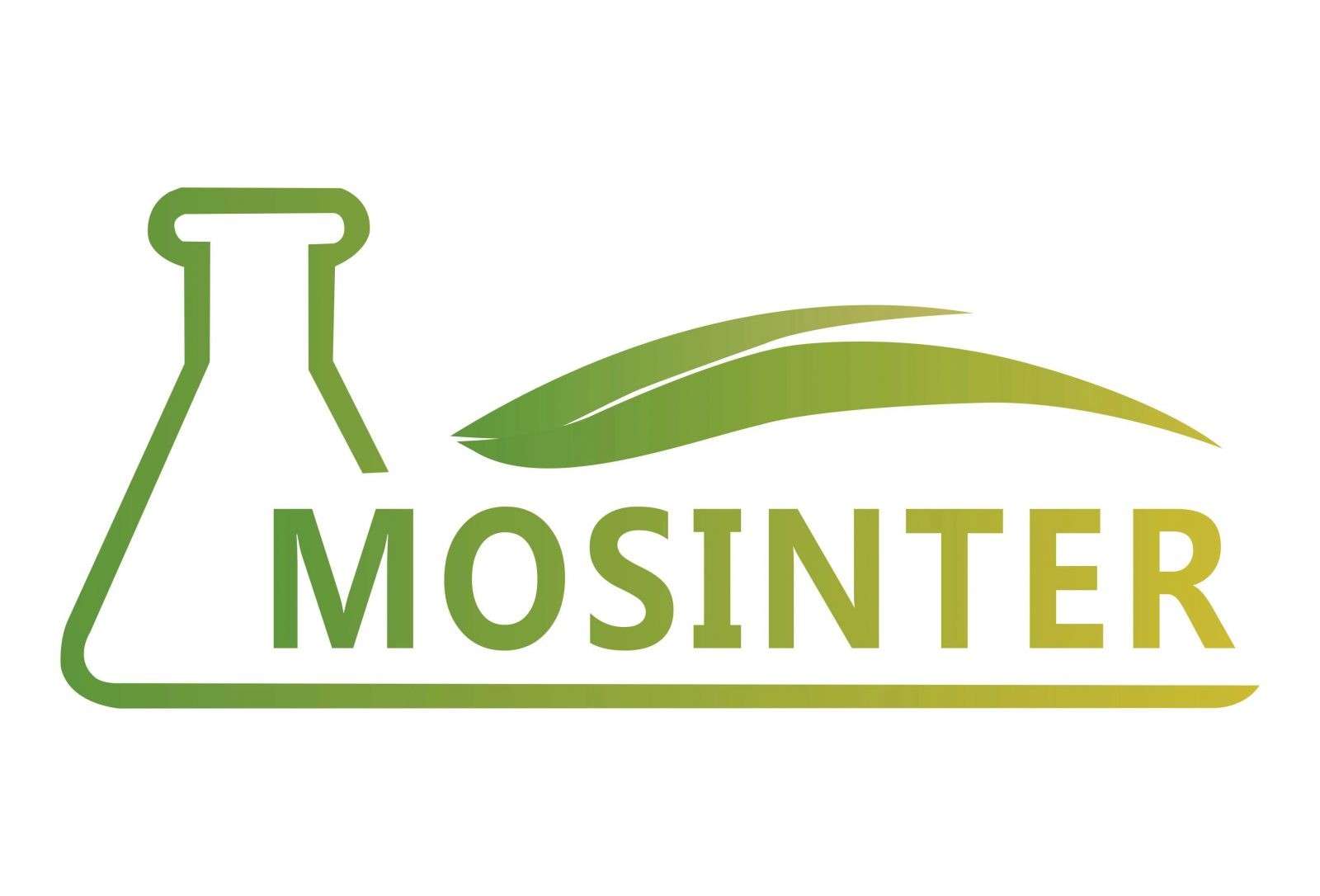
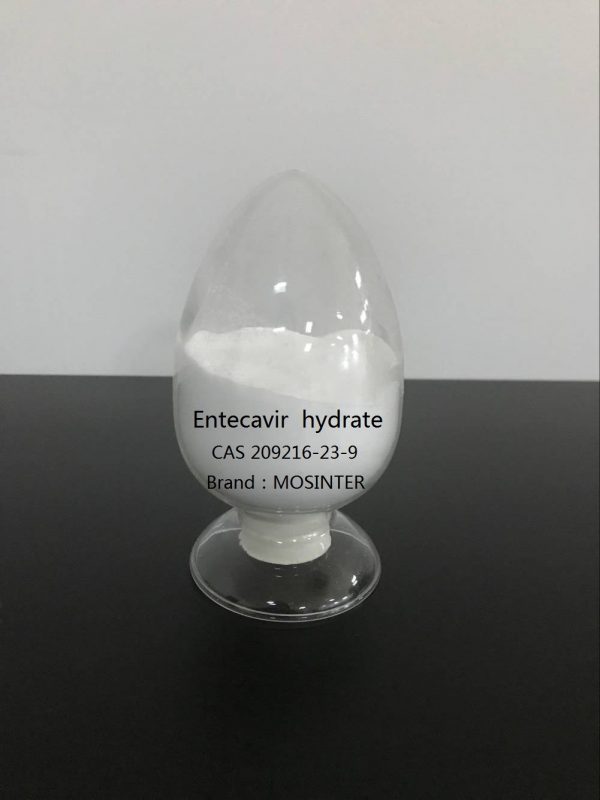
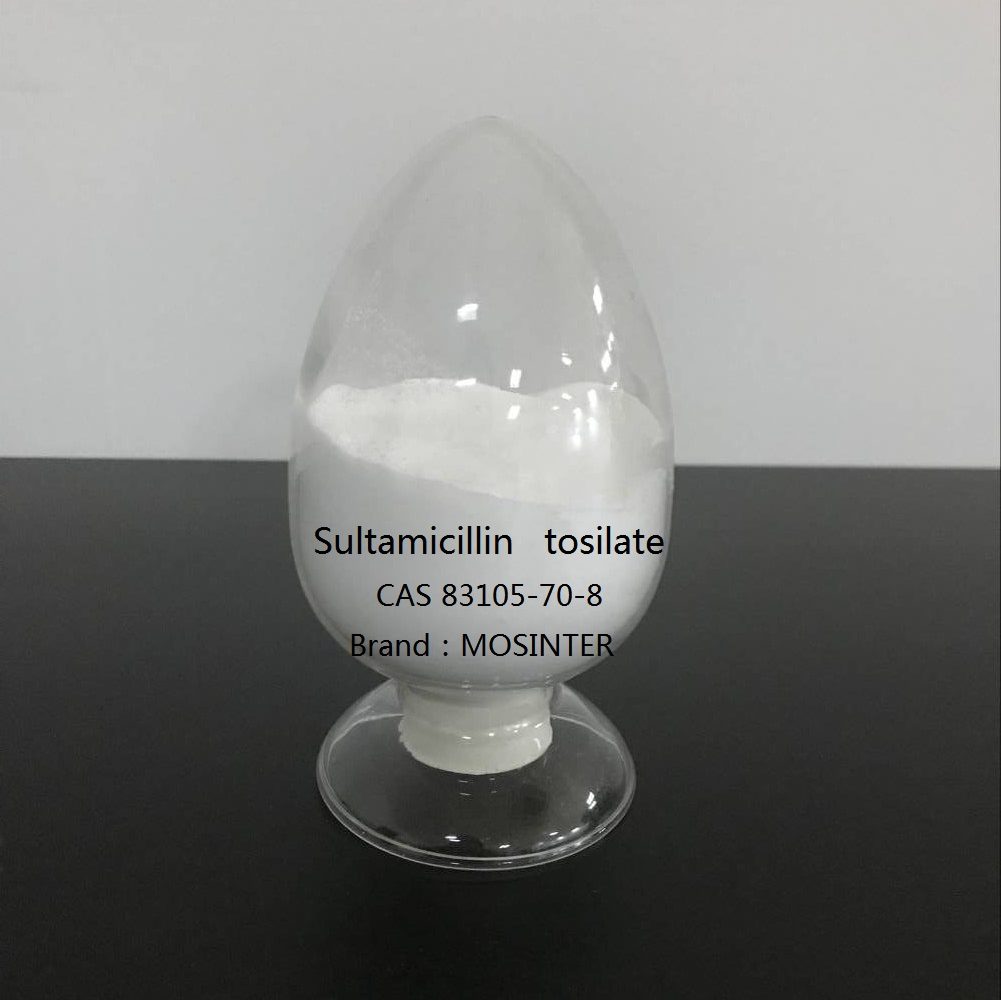
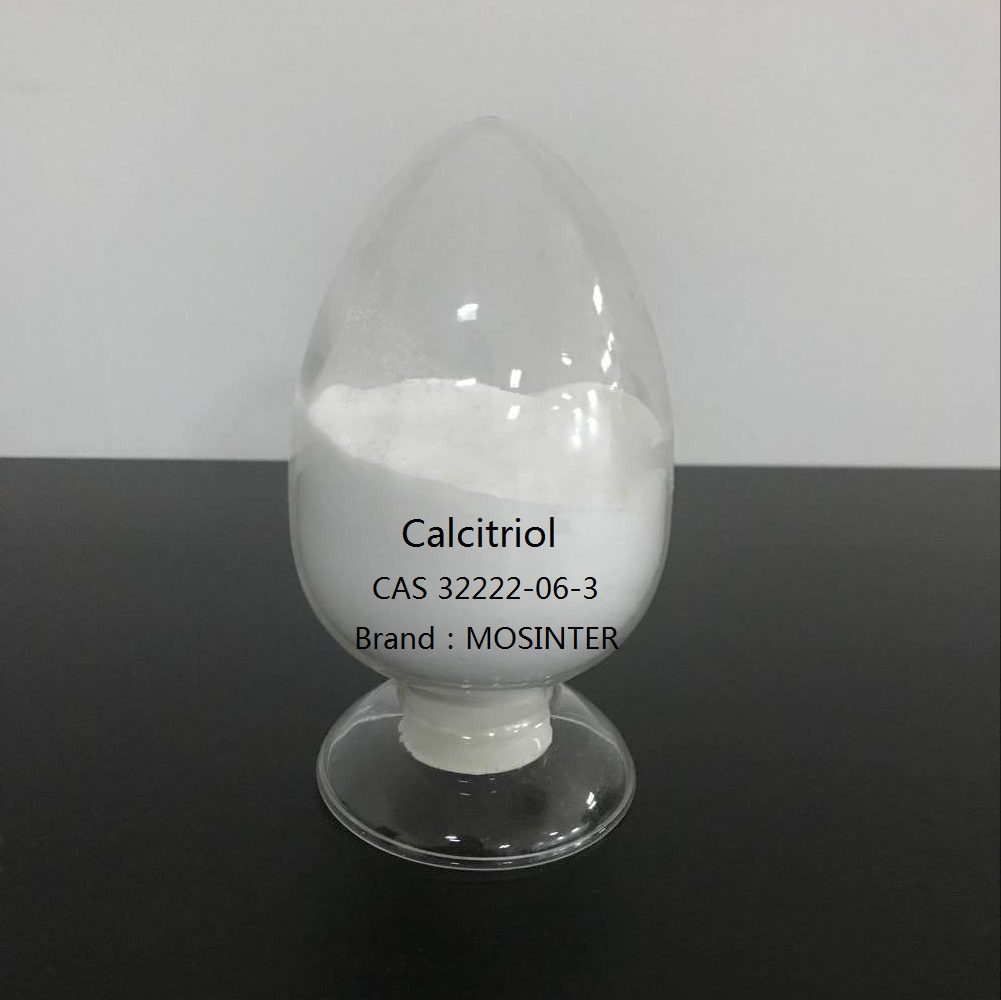
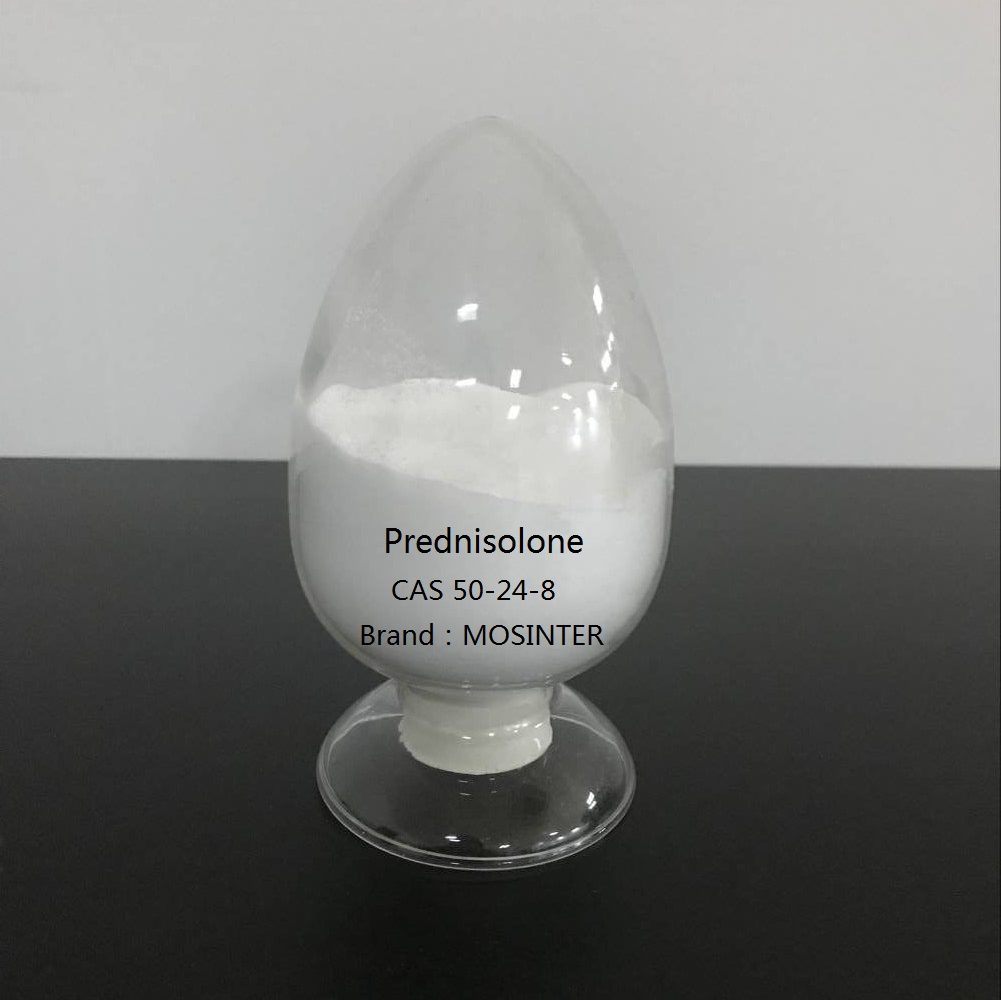
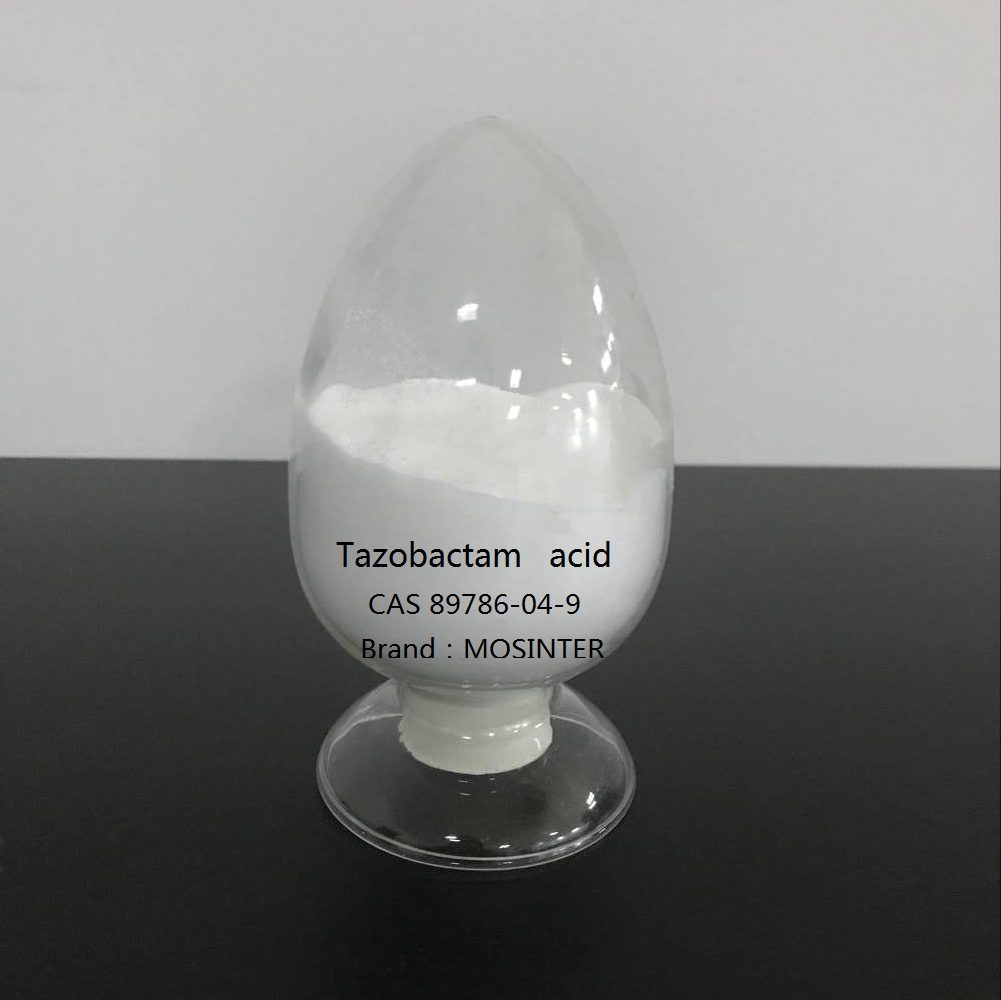
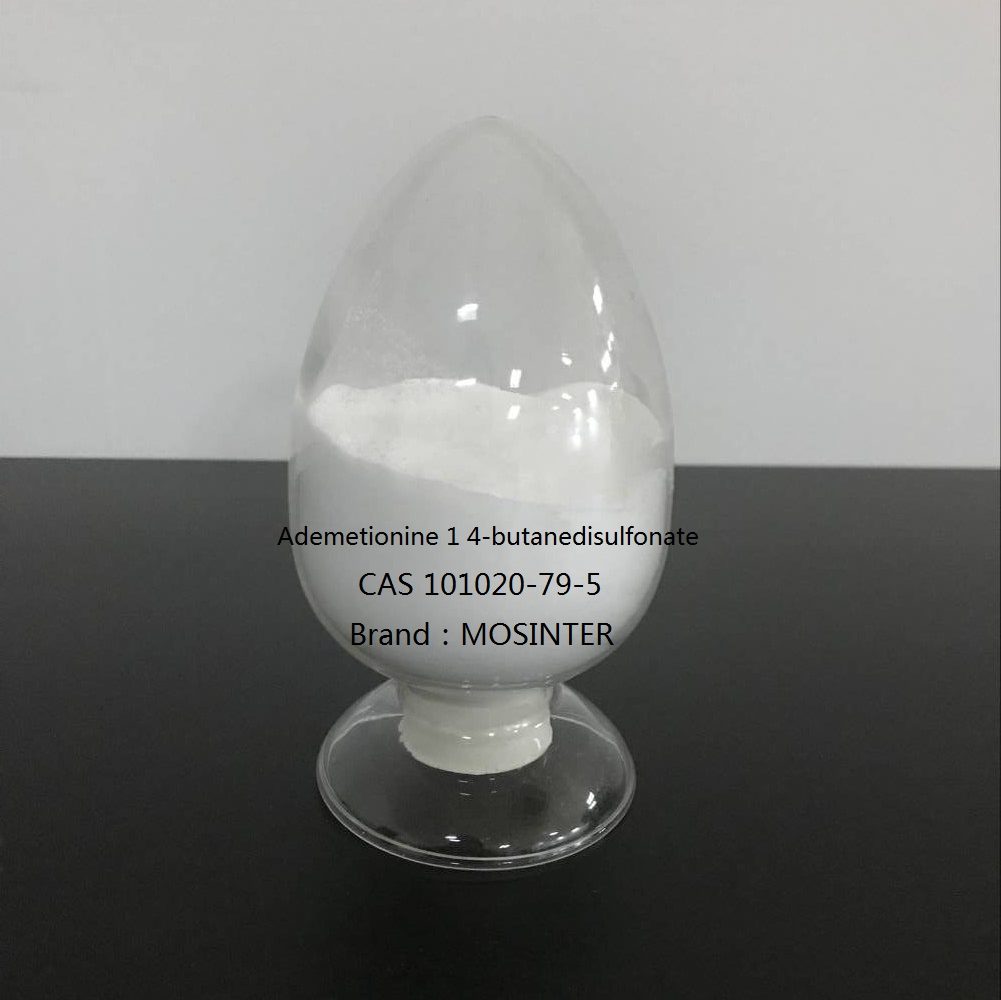
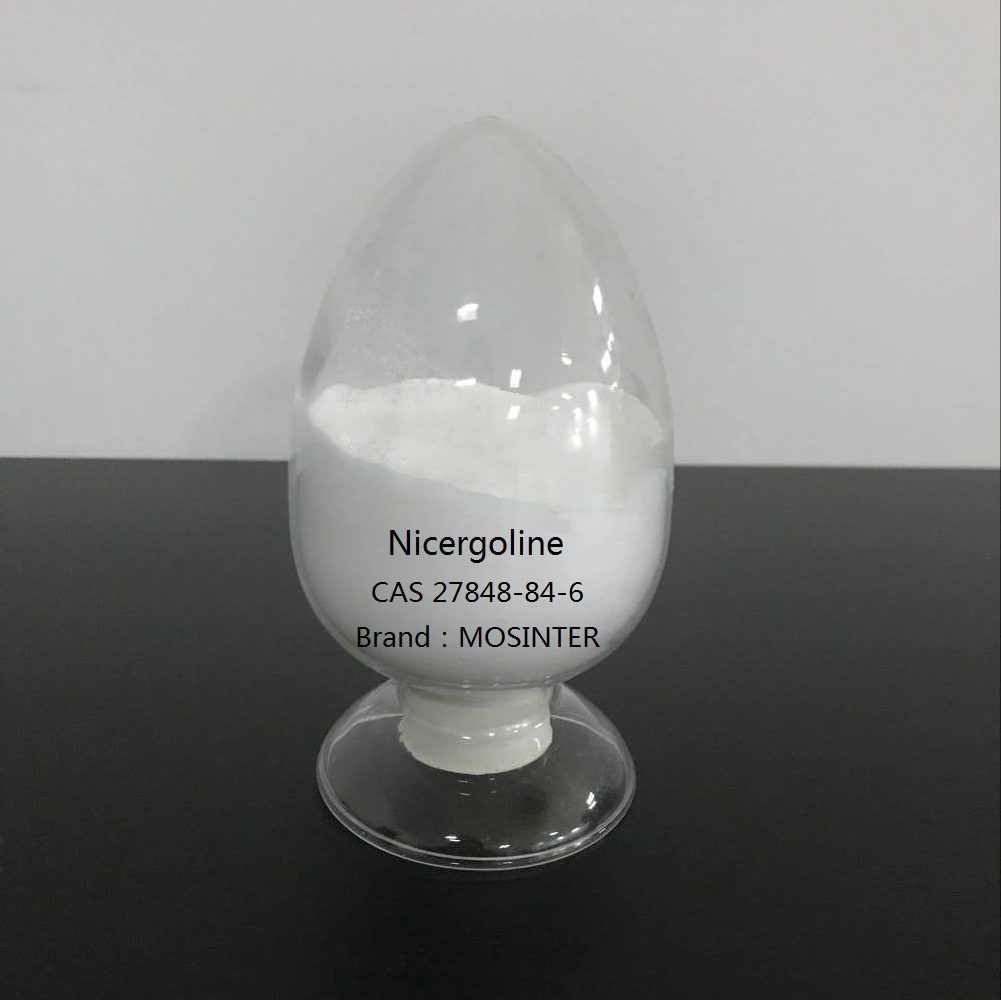
Reviews
There are no reviews yet.